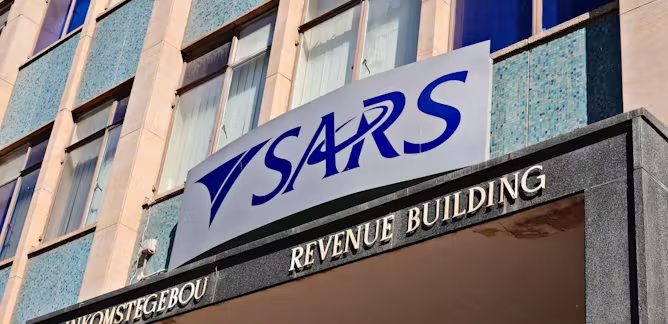South Africa’s crypto market is entering a new chapter as the South African Revenue Service (SARS) ramps up efforts to track and collect taxes from digital asset investors.
This week, officials confirmed that the agency has doubled the number of staff dedicated to crypto tax oversight. Alongside this expansion, SARS is deploying artificial intelligence tools to detect and investigate potential cases of tax evasion. The move reflects a growing commitment to regulate Africa’s most advanced crypto economy.
South Africa is home to leading exchanges such as VALR and Luno, as well as one of the continent’s largest retail investor bases. With digital assets becoming more mainstream, regulators see both a risk of revenue leakage and an opportunity to stabilize the tax base.
Why the Crackdown Matters
- Compliance Pressure: Crypto investors will now face tighter reporting obligations and reduced room for tax avoidance.
- Tech-Driven Oversight: By adopting AI tools, SARS is joining a global trend where regulators use advanced analytics to track blockchain transactions.
- Market Signal: The crackdown signals to institutional players that South Africa is serious about aligning with international compliance standards.
See more related: RLUSD Stablecoin Expands Into Africa Through Chipper Cash, VALR, and Yellow Card
Impact on Africa’s Crypto Ecosystem
For African traders, this development underscores a broader trend: as adoption grows, so does regulatory scrutiny. While some investors may retreat to peer-to-peer platforms to avoid scrutiny, the long-term effect is likely to be greater legitimacy for crypto markets across the continent.
South Africa’s efforts could also serve as a blueprint for other African regulators who are exploring ways to balance innovation with oversight.
Conclusion
The message from South Africa is clear: crypto is no longer an unregulated frontier. Investors and businesses must prepare for stricter tax enforcement — but in the process, the industry could gain the stability it needs to attract more institutional capital and mainstream adoption.
